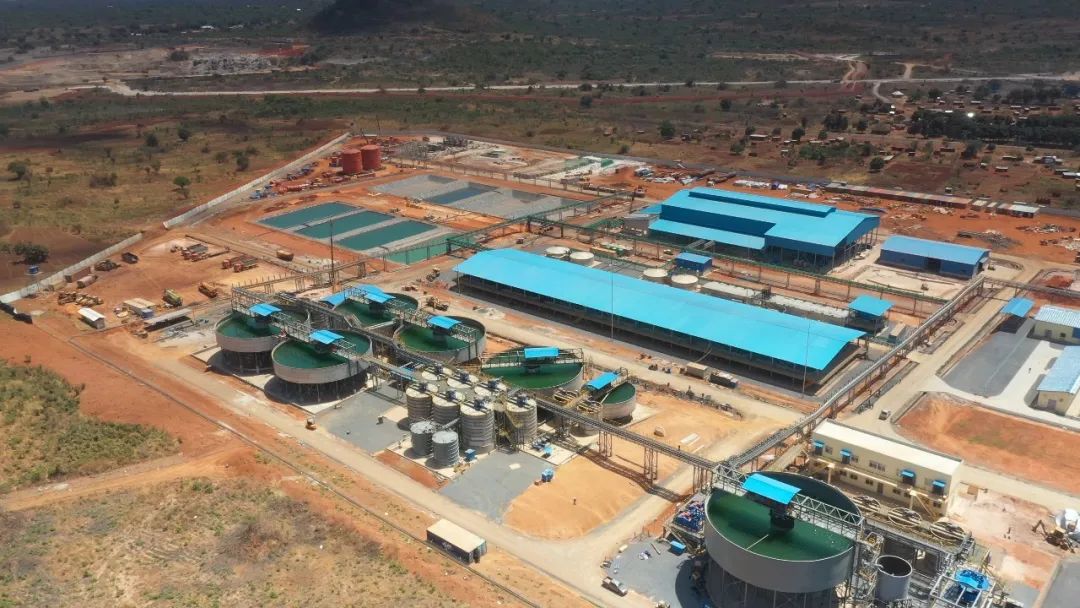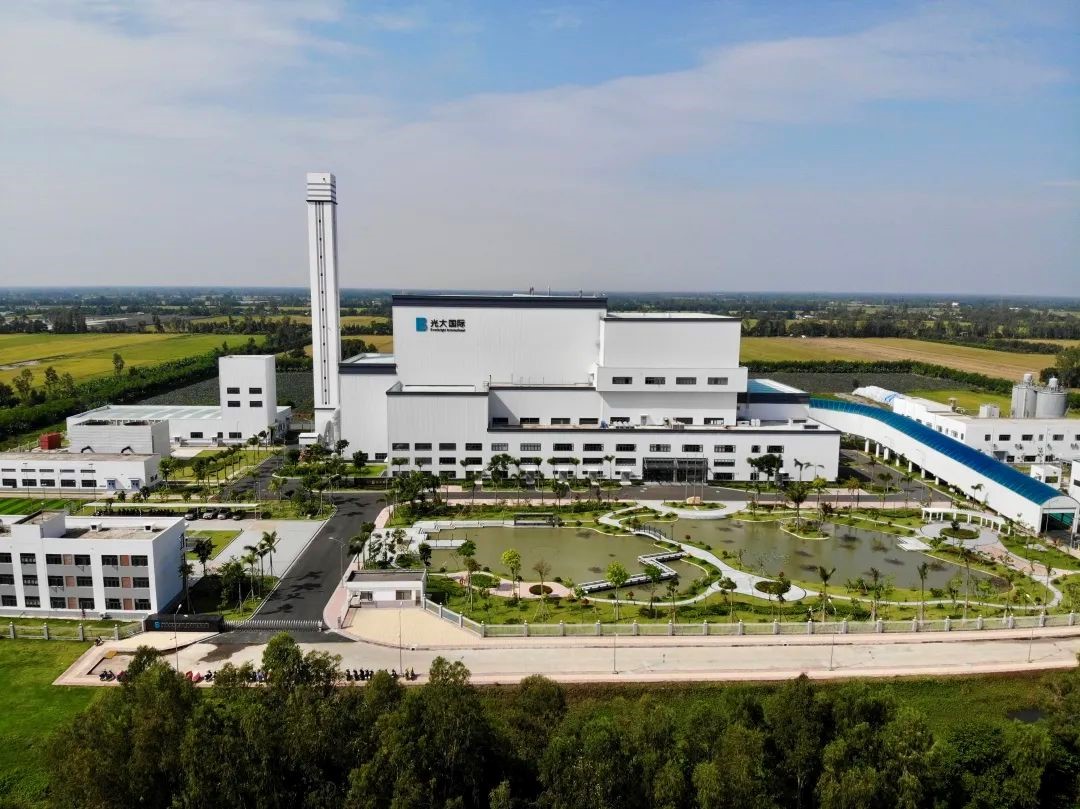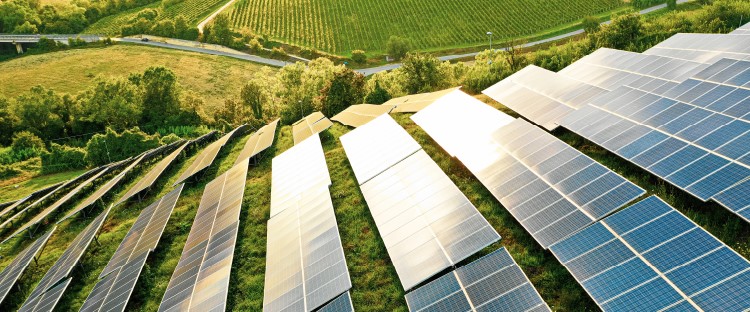Taiwan and Hong Kong Set for Windfall from Mainland's 30-Year Plan
When President Xi outlined ambitious plans to transform China's economic base by 2050 at this year's National Congress in Beijing, his words had a particular significance for many of the businesses operating out of Hong Kong and Taiwan.

At this year's 19th National Congress of the Communist Party of China, the implementation of the Belt and Road Initiative (BRI) was designated as the country's number-one priority. In Taiwan, meanwhile, the New Southbound Policy, the territory's blueprint for its own economic development, has been accorded a similar status. Thankfully, a substantial number of the aims of the two programmes are closely aligned, with many seeing co-operation, rather than competition, as the way ahead, with Hong Kong potentially playing a key role in both of these developmental strategies.
During his own address to the Party Congress in October, China's President, Xi Jinping, outlined his vision for the country's economic development over the next 30 years. His words resonated particularly strongly in Hong Kong and Taiwan, with both territories potential beneficiaries of the mainland's expansive new era.
As part of his programme for transforming China into a moderately prosperous society in the short-term, as well as a contemporary superpower over the medium- to long-term, Xi outlined a two-stage development plan that would run from 2020 until about 2050. For the initial 2020-2035 phase, he emphasised the need for the country to build on its existing economic and technological strengths as it looked to become a global leader renowned for its innovative capabilities.
In terms of phase two, which he envisaged as running from 2035 to about 2050, he saw this as a period of national consolidation. In particular, he emphasised the importance of the country emerging as strong on the domestic front, while taking on a heightened international role.
In terms of concrete objectives, he renewed calls for the country to address five critical issues that threaten its economic development – the need to cut overcapacity, the problem of excess inventory, the requirement to deleverage, the issue of cost reduction and the obligation to eliminate any weak links in the overall production chain. In a similar vein, he highlighted the importance of improving the allocation of resources and maintaining quality, while striking the right balance between supply and demand.
Specifically addressing a number of industrial issues, Xi detailed the growing importance of the advanced manufacturing sector, as well as the need to fully integrate digital connectivity, big data, and artificial intelligence with the needs of the wider economy. Only through such cross-fertilisation, he maintained, could the full potential of a number of emerging sectors be fully realised, including green/low-carbon production and the sharing economy, while a number of existing resources – most notably supply chain management and staff recruitment/development – could also be successfully upgraded to meet the challenges of the digital era.

For many Taiwanese businesses focusing on the advanced manufacturing sector, Xi's words had a particular relevance. In recent years, as the mainland's production base has evolved in line with the aims of Made in China 2025 – the country's 10-year plan to embrace the opportunities offered by intelligent manufacturing – the nature of its commercial interaction with Taiwan has also undergone a fundamental change. While the relationship was once characterised by low-tech Taiwanese production being outsourced to the mainland, it has now shifted to being more of a horizontal alliance, with technological exchanges now commonplace on either side of the Strait – a development set to become more pronounced as Xi's economic masterplan comes to fruition.
As well as his vision for the future of the manufacturing industries, Xi also outlined ambitious plans for the financial sector, an area where Hong Kong has globally acknowledged expertise. In particular, Xi signalled his commitment to further reforms of the overall financial system, while also seeking to enhance the capabilities of the financial-services sector, increase the proportion of direct financing and promote the development of a multi-level capital market. At the same time, he also pledged support for improving the dual-pillar monetary and macro-prudential policy regulatory framework, as well as indicating a need for further reforms to the interest-rate market and improvements to the financial supervision system. Overall, though, he reminded delegates of the paramount importance of avoiding systemic financial risks.
Xi's emphasis on market supervision and risk control within the mainland financial sector has been seen as representing a real opportunity for Hong Kong. While many financial institutions in Shanghai or Beijing, for instance, will be obliged to take a slow and steady approach to market liberalisation, Hong Kong will be free to move at a more accelerated pace, seeing it perfectly positioned to act as an intermediary for any mainland businesses considering overseas expansion, while also confirming its own status as one of the world's leading financial centres.
Overall, this will chime well with another priority highlighted by Xi in his address to Congress – the need for mainland enterprises to both expand abroad and to play their part in transferring skills and technology back to the country's manufacturing base, the so-called "going out" and "bringing in" doctrines. These policies were given greater import in light of both the President's headline commitment to the BRI and the accelerated free-trade pilot-zone programme currently underway at 11 key locations across China.
Since the BRI programme was first mooted in 2013, Hong Kong has played a key role in making this grand vision of international infrastructure development and trade facilitation a practical reality. In particular, its globally renowned professional services base – especially with regard to finance, legal compliance and risk analysis – has been at the forefront of many of the complex negotiations that have paved the way for the BRI's most ambitious construction projects. With the BRI remaining the centrepiece of China's long-term economic development programme, Hong Kong is guaranteed a seat at the top table when it comes to delivering the initiative's wide-reaching objectives.
As for Taiwan, its New Southbound Policy has clear synergy with the BRI. While the mainland's infrastructure-development programme rolls out across a wide number of territories, many of them are also being targeted by Taiwan. The mainland initiative, though, is focused on financing/managing major infrastructure projects, while also negotiating streamlined bilateral trade terms. By contrast, Taiwan is looking to encourage its manufacturers to directly invest in such countries, with the aim of nurturing the production capabilities of many of these underdeveloped nations.

In light of all of this, it can be seen that Taiwan and Hong Kong – although clearly not intended to be the primary beneficiaries of the mainland's largesse – can expect an array of collateral windfalls as the mainland looks to realise many of its mid-21st century ambitions.
Robert Kang, Special Correspondent, Taipei





